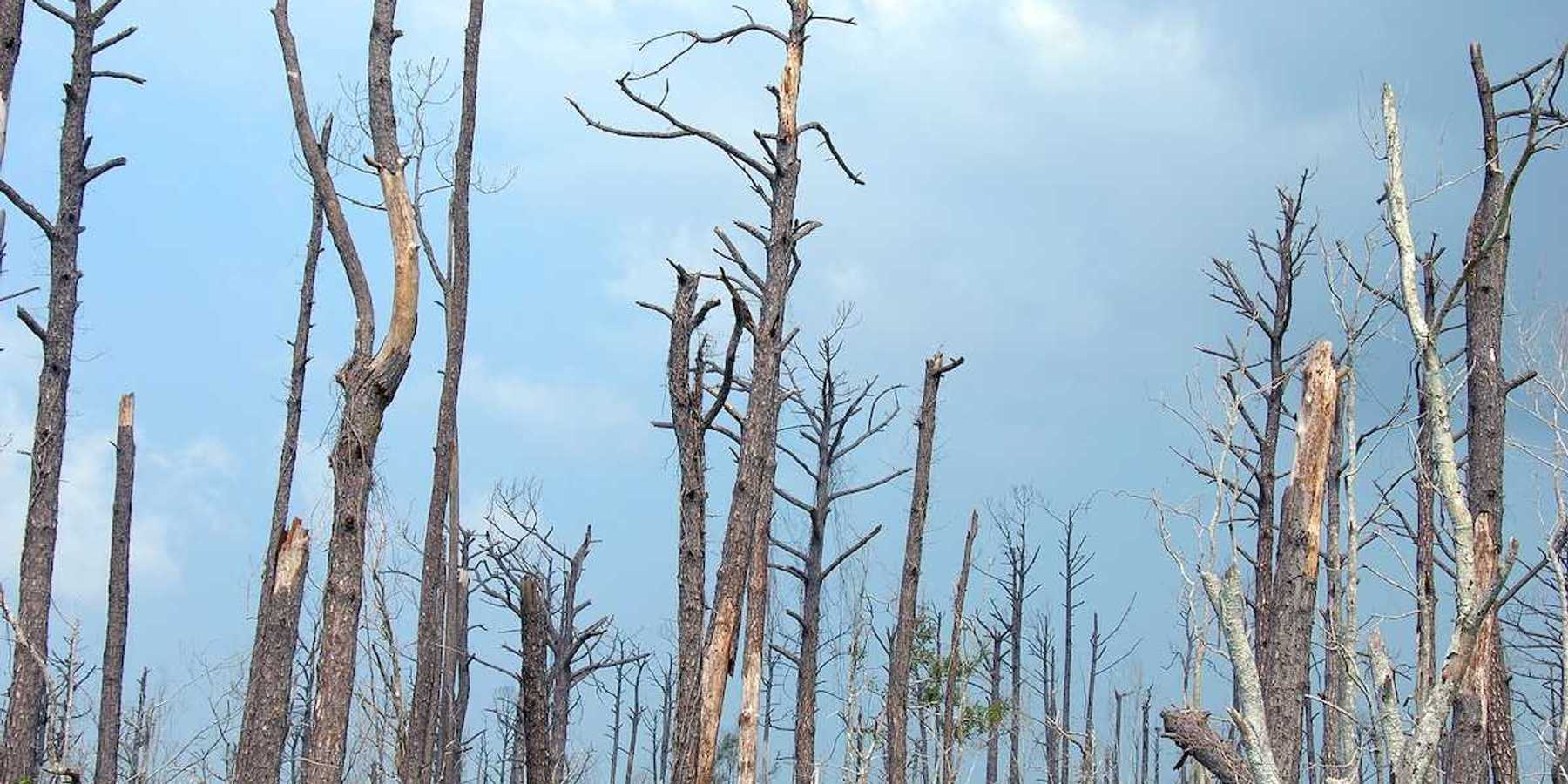Trump’s first 100 days bring sweeping rollbacks to climate protections and environmental oversight
President Donald Trump has issued dozens of executive orders in his first 100 days, targeting climate policy, energy regulation, and environmental science across the federal government.
Julia Jacobo reports for ABC News.
In short:
- Trump signed 54 executive orders on his first day back in office, including re-exiting the Paris Agreement and declaring a national energy emergency to boost fossil fuel production.
- The administration dismissed the authors of the National Climate Assessment and established a new agency, the Department of Government Efficiency, which has overseen significant cuts to staffing and funding for federal science agencies.
- The U.S. Environmental Protection Agency announced plans for the biggest regulatory rollback in U.S. history, including reversing limits on greenhouse gas emissions from fossil fuels.
Key quote:
"It has long been understood that good policy depends on careful analysis and good science, and we're seeing the capacity to deliver that foundation systematically undermined."
— Dan Esty, professor of environmental law and policy, Yale University
Why this matters:
Environmental protections are often built slowly, layer by layer, based on years of scientific research and public input. Undoing those protections can happen much faster, especially through executive orders and budget cuts that bypass Congress. Trump’s second-term push to deregulate climate and energy policy comes as scientists warn that the window to avoid the worst effects of global warming is rapidly closing. The rollback of carbon regulations, suppression of climate science, and weakening of federal oversight on air and water pollution can contribute to increased exposure to harmful pollutants, particularly for vulnerable communities.
These moves could also undermine the U.S.'s credibility in global climate talks, weaken international cooperation, and entrench fossil fuel dependence at a moment when climate-related disasters are becoming more frequent and severe. For families, communities, and ecosystems, the health consequences could last well beyond a single administration.













